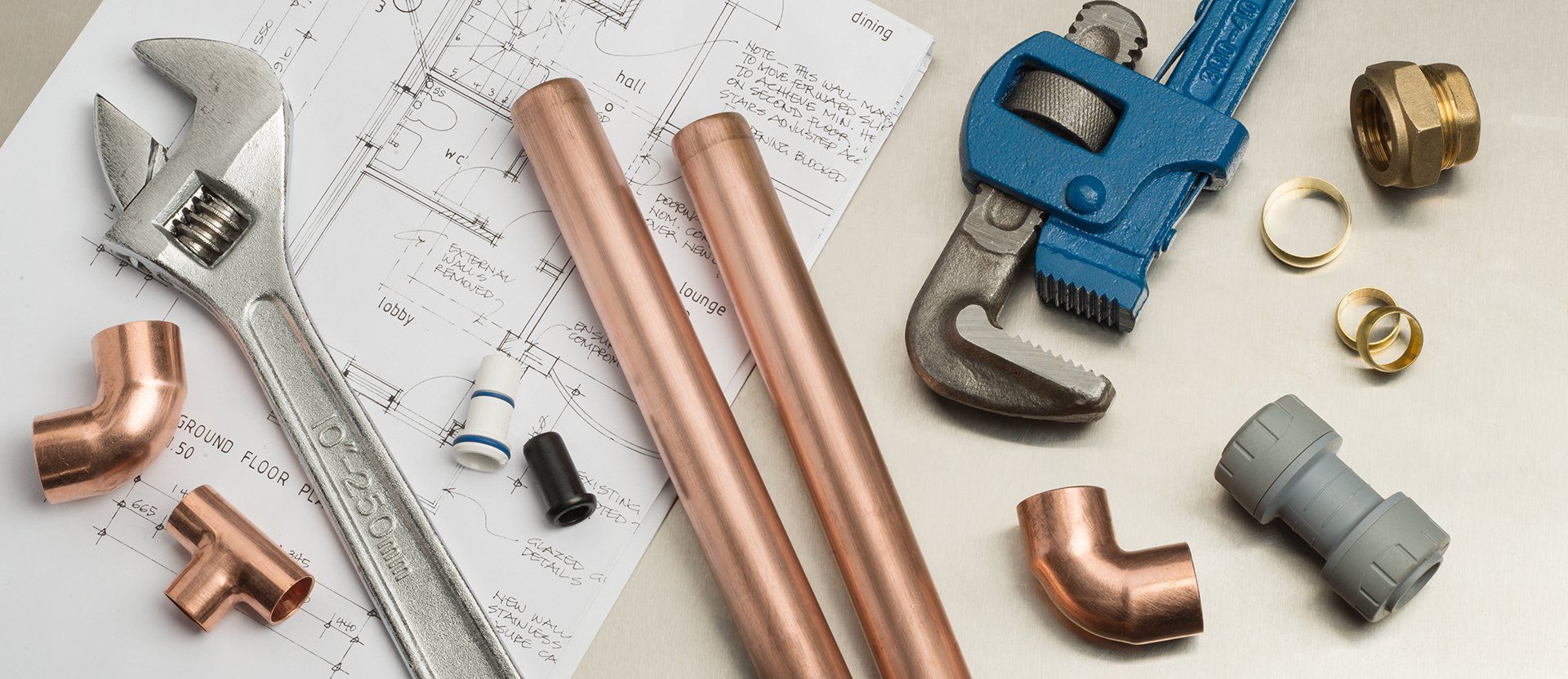Try Not To Panic In A Crisis: Steps To Take In A Plumbing Emergency
When you wake up in the middle of the night and find standing water in your home, or you come home from work and find that the house is flooded, you might be tempted to panic. If you lose your head you will waste precious minutes that can cause much more serious damage to your home, and make the cost of repair significantly higher. In case of a plumbing emergency here are three steps that you need to take.
Shut Off The Water
 First and foremost you need to shut off the water to the home. This will keep water from continuing to flow into the home, and that will reduce the amount of damage that you suffer. Depending on where you live and what kind of water shut off you have, you may be able to do it by hand or you may need to use an adjustable wrench. The water shut off should be right next to the water main or the water meter for your home. This is generally under a manhole cover, near the street in your front yard.
First and foremost you need to shut off the water to the home. This will keep water from continuing to flow into the home, and that will reduce the amount of damage that you suffer. Depending on where you live and what kind of water shut off you have, you may be able to do it by hand or you may need to use an adjustable wrench. The water shut off should be right next to the water main or the water meter for your home. This is generally under a manhole cover, near the street in your front yard.
Call A Plumber
When the water is off, and the risk of further damage has been limited, it is time to call a plumber. If the problem was big enough to cause standing water in your home, it is probably bigger than something that you can handle on your own, and so the plumbers Fairfax VA offers are going to be your best choice to fix the problem. You may want to look around and see if you can find the root of the problem, so that you have more information when you talk to the plumber, but it is not necessary to try to find the problem on your own.
Start Soaking The Water
Finally, you need to start soaking up some of the water so that the standing water does not cause any more damage. Towels are fine for most tasks, though a wet-dry vacuum will be more immediate and effective. Take special care to pay attention to water around the baseboards and any place under cabinets or dark places. Mold is the chief enemy here, so you must get as much water up as possible.
The key in any plumbing emergency is to keep your head and stay calm. With these steps you should be able to limit the amount of damage to your home, and reduce the amount of money that you will have to pay for the repairs.
You might also like



